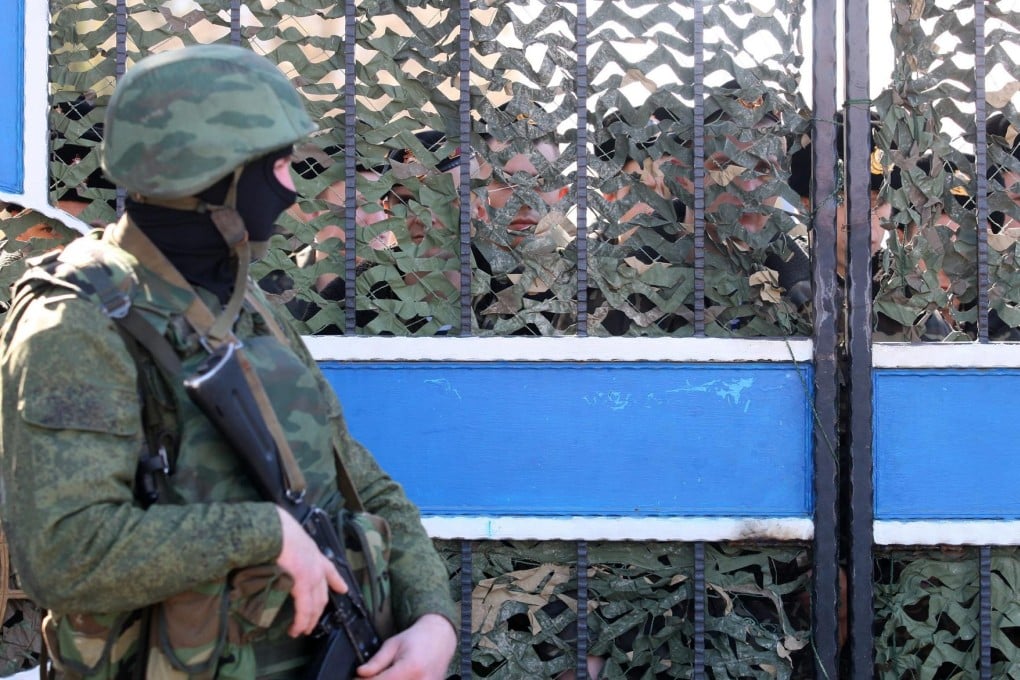Ukraine crisis evokes bad memories of Soviet invasion for some in Europe
Russia's seizure of Crimea reminds some of when Soviet tanks rolled into Prague and Budapest

Alzbeta Ehrnhofer was just a 13-year-old Slovak schoolgirl when the Soviet Army marched into Czechoslovakia to "restore order" in 1968.
The unfolding crisis in Crimea took her back to the day almost 46 years ago when tanks rumbled past her house in the southern Slovak town of Filakovo as neighbours hid from the Russian-led invaders.
"It's just like it was here in 1968," she said about the upheaval in Ukraine, a former Soviet republic struggling with what may be a second revolution as an independent nation.
"Nothing's changed. Even the tanks look the same."

Czechs and Slovaks, who split peacefully in 1993, "still remember the Russian invasion of 1968", Czech Foreign Minister Lubomir Zaoralek said.
"We all believed that Russia had joined the ranks of civilised countries, so this is a very rude awakening to see that even now, in the 21st century, a country with clearly defined borders can have its territory violated."
